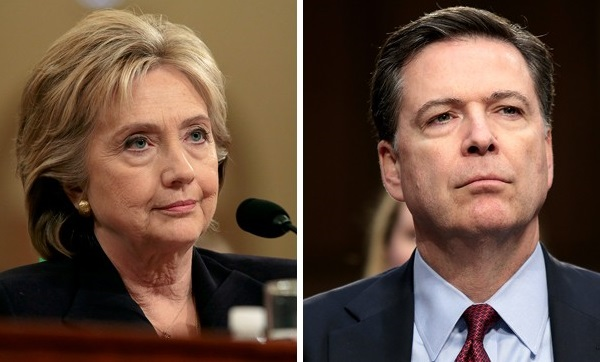One of the many tragedies of the World War II era was a heartbreakingly fratricidal affair known as the Battle of Mers-el-Kebir.
I’ve written before about the defeat of France in 1940 and the political, social, and military factors behind this disaster. Following the resignation of Paul Reynaud on June 16, the premiership was assumed by the First World War hero Philippe Petain, who immediately asked the Germans for an armistice. With an eye toward revenge, Hitler chose the Forest of Compiegne…the same place where the armistice ending the earlier war had been executed…as the venue for the signing of the documents. Indeed, he insisted that the ceremonies take place in the very same railroad car that had been employed 22 years earlier.
The armistice provided that Germany would occupy and directly control about 3/5 of France, while the remainder of the country, together with its colonies, would remain nominally “free” under the Petain government. (One particularly noxious provision of the agreement required that France hand over all individuals who had been granted political asylumespecially German nationals.)
Winston Churchill and other British leaders were quite concerned about the future role of the powerful French fleet…although French admiral Darlan had assured Churchill that the fleet would not be allowed to fall into German hands, it was far from clear that it was safe to base the future of Britainand of the worldon this assurance. Churchill resolved that the risks of leaving the French fleet in Vichy hands were too high, and that it was necessary that this fleet join the British cause, be neutralized, be scuttled, or be destroyed.
The strongest concentration of French warships, encompassing four battleships and six destroyers, was the squadron at Mers-el-Kebir in French Algeria. On July 3, a powerful British force under the command of Admiral James Somerville confronted the French fleet with an ultimatum. The French commander, Admiral Jean-Bruno Gensoul, was given the following alternatives:
(a) Sail with us and continue the fight until victory against the Germans.
(b) Sail with reduced crews under our control to a British port. The reduced crews would be repatriated at the earliest moment.
If either of these courses is adopted by you we will restore your ships to France at the conclusion of the war or pay full compensation if they are damaged meanwhile.
(c) Alternatively if you feel bound to stipulate that your ships should not be used against the Germans unless they break the Armistice, then sail them with us with reduced crews to some French port in the West Indies — Martinique for instance — where they can be demilitarised to our satisfaction, or perhaps be entrusted to the United States and remain safe until the end of the war, the crews being repatriated.
If you refuse these fair offers, I must with profound regret, require you to sink your ships within 6 hours.
Finally, failing the above, I have the orders from His Majesty’s Government to use whatever force may be necessary to prevent your ships from falling into German hands.
The duty of delivering this ultimatum was assigned to the French-speaking Captain Cedric Holland, commander of the aircraft carrier Ark Royal.
Among the ordinary sailors of both fleets, few expected a battle. After all, they had been allies until a few days earlier.
Robert Philpott, a trainee gunnery officer on the battleship Hood: ”Really it was all very peaceful. Nobody was doing any firing; there was a fairly happy mood on board. We all firmly believed that the ships would come out and join us. We know the French sailors were just anxious to get on with the war. So we didn’t think there would be a great problem.”
André Jaffre, an 18-year-old gunner on the battleship Bregagne: ”Our officer scrutinizes the horizon, then looks for his binoculars and smiles. What is it, captain? The British have arrived! Really? Yes. We were happy! We thought they’d come to get us to continue fighting against the Nazis.”
Gensoul contacted his superior, Admiral Darlan. Both men were incensed by the British ultimatum: Gensoul was also personally offended that the British had sent a mere captain to negotiate with him, and Darlan was offended that Churchill did not trust his promise about keeping the French fleet out of German hands. Darlan sent a messageintercepted by the Britishdirecting French reinforcements to Mers-al-Kebir, and the British could observe the French ships preparing for action. All this was reported to Churchill, who sent a brief message: Settle matters quickly. Somerville signaled the French flagship that if agreement were not reached within 30 minutes, he would open fire.
It appears that one of the the options in the British ultimatumthe option of removing the fleet to American waterswas not transmitted by Gensoul to Admiral Darlan. Whether or not this would have made a difference, we cannot know.
As Captain Holland saluted the Tricolor preparatory to stepping back into his motor launch, there were tears in his eyes. Almost immediately, Admiral Somerville gave the order to fire to open fire.
Read more

